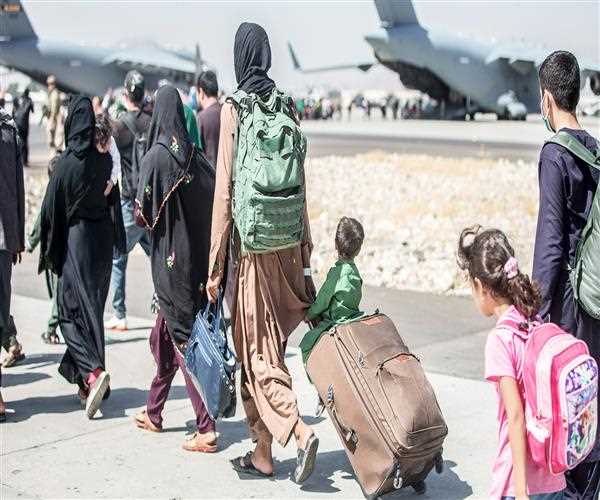There are a number of reasons why Muslim refugees do not go to Muslim countries instead of Europe. Some of the most important reasons include:
- The lack of safe havens in Muslim countries. Many Muslim countries are themselves experiencing conflict and instability, making them unsafe for refugees. For example, Syria, Iraq, and Yemen are all Muslim-majority countries that have been ravaged by war in recent years.
- The lack of economic opportunities in Muslim countries. Many Muslim countries are poor, with high unemployment rates. This makes it difficult for refugees to find work and support themselves.

- The lack of social support in Muslim countries. Many Muslim countries do not have the infrastructure in place to support refugees. This includes things like schools, hospitals, and housing.
- The language barrier. Many Muslim refugees do not speak the language of the country they are fleeing to. This makes it difficult for them to integrate into society and find work.
- The fear of discrimination. Many Muslim refugees fear discrimination in Muslim countries. This is because they may be seen as different from the majority population, or they may have been persecuted in their home countries.
These are just some of the most important reasons why Muslim refugees do not go to Muslim countries instead of Europe. It is important to note that there are many individual factors that can influence a refugee's decision of where to go. For example, some refugees may have family or friends in Europe, while others may have heard that it is easier to get asylum there.
It is also important to note that there are a number of Muslim countries that are hosting large numbers of refugees. For example, Turkey, Jordan, and Lebanon are all hosting millions of refugees from Syria. However, these countries are also struggling to cope with the influx of refugees, and they are calling on the international community for more help.
The issue of refugee resettlement is a complex one, and there are no easy answers. However, it is important to understand the factors that influence refugees' decisions about where to go. This can help us to develop more effective policies and programs to help refugees and to ensure that they are able to find safe and secure havens.